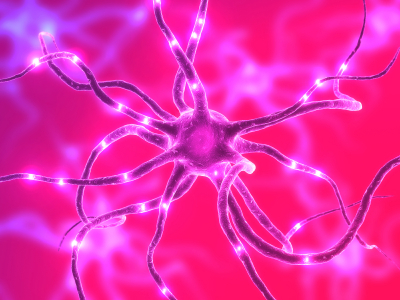How many women do you know that use birth control pills as their primary form of contraception? A recent analysis by the Guttmacher Institute reports that 18% of all women in the U.S use some form of oral contraception. Quite a few!
What would happen if there was an equivalent form of contraception for men? Would it be as popular? Would it be as reliable? Researchers are trying to develop the technology to answer these questions.
Anything but a Vasectomy!
Aside from condoms, other forms of male contraception have been around for a while. Some methods of contraception seek to physically block the vas deferens, or the path for sperm to exit the urethra. For example, the Pro-Vas clip is used as a mechanical block for sperm by clamping the vas deferens, essentially doing the same thing as a vasectomy – without physically severing the sperm duct.
Another method uses a chemical polymer to block the passage of sperm to the urethra. This polymer, known as styrene maleic anhydride, has entered phase III clinical trials in India. Lisbeth Prifogle goes into more detail about the exact mechanism used for this type of contraception in her article, Male Birth Control – Myth or Available Science.
Whether mechanical or chemical, these methods introduce drastic and potentially harmful changes to the male reproductive anatomy. Although the manufacturers claim that these treatments are completely reversible, as a male, I would be hesitant to adopt such measures as I suspect other men would be. Oral contraception is a more attractive method.
Oral Male Contraceptives
Oral contraception used by men is nothing new. Since the early 20th century, a natural product from the cotton plant known as gossypol, has been used as a male contraceptive, particularly in Asian countries. Due to concerns of toxicity and side effects, however, gossypol has never been approved as a contraceptive by the FDA.
Since the mid-1980s, research led by the World Health Organization to develop a hormone-based birth control pill for men has resulted in a better understanding of the male hormonal system, and what biological targets are most attractive for male contraceptives. Much like the female birth control pill, which works by controlling the levels of the hormones estrogen and progestin, these birth control pills also work by introducing exogenous hormones into the body. These types of pills have been called Male Hormonal Contraceptives (MHCs).
The primary form of MHC is a form of testosterone named testosterone undecanoate. Using testosterone as a contraceptive was counterintuitive for me because when I think of high testosterone I think of an increased libido. But as it turns out, an extra shot of the hormone results in a decrease of the signaling hormones responsible for spermatogenesis (sperm production). Although testosterone treatment does seem to induce azoospermia (the absence of motile/viable sperm), there is no MHC that is currently in clinical trials – it seems that this pill is quite a ways off.
A New Type of Pill
There have been a few other pills that have been proposed as male contraceptives that don’t use hormones – one of the most interesting new studies to come out was an anti-cancer drug that was accidentally discovered to have spermatogenic effects. Many of the compounds developed in these studies, including anti-cancer drug compounds, target and inactivate specific proteins that are necessary for biological function.
In this study, which was published in the journal Cell last August, the compound tested, which is called JQ1, binds and inactivates BRDT, a protein that is specific to the testes and is involved in an essential DNA-based process called chromatin remodeling. The result, as observed in mice, is that as long as the organism was administered the drug, although they mated, there was a complete and reversible contraception.
So it seems that many new technologies are being developed for men to share the responsibility of contraception. However the question still stands: Can they be trusted?











